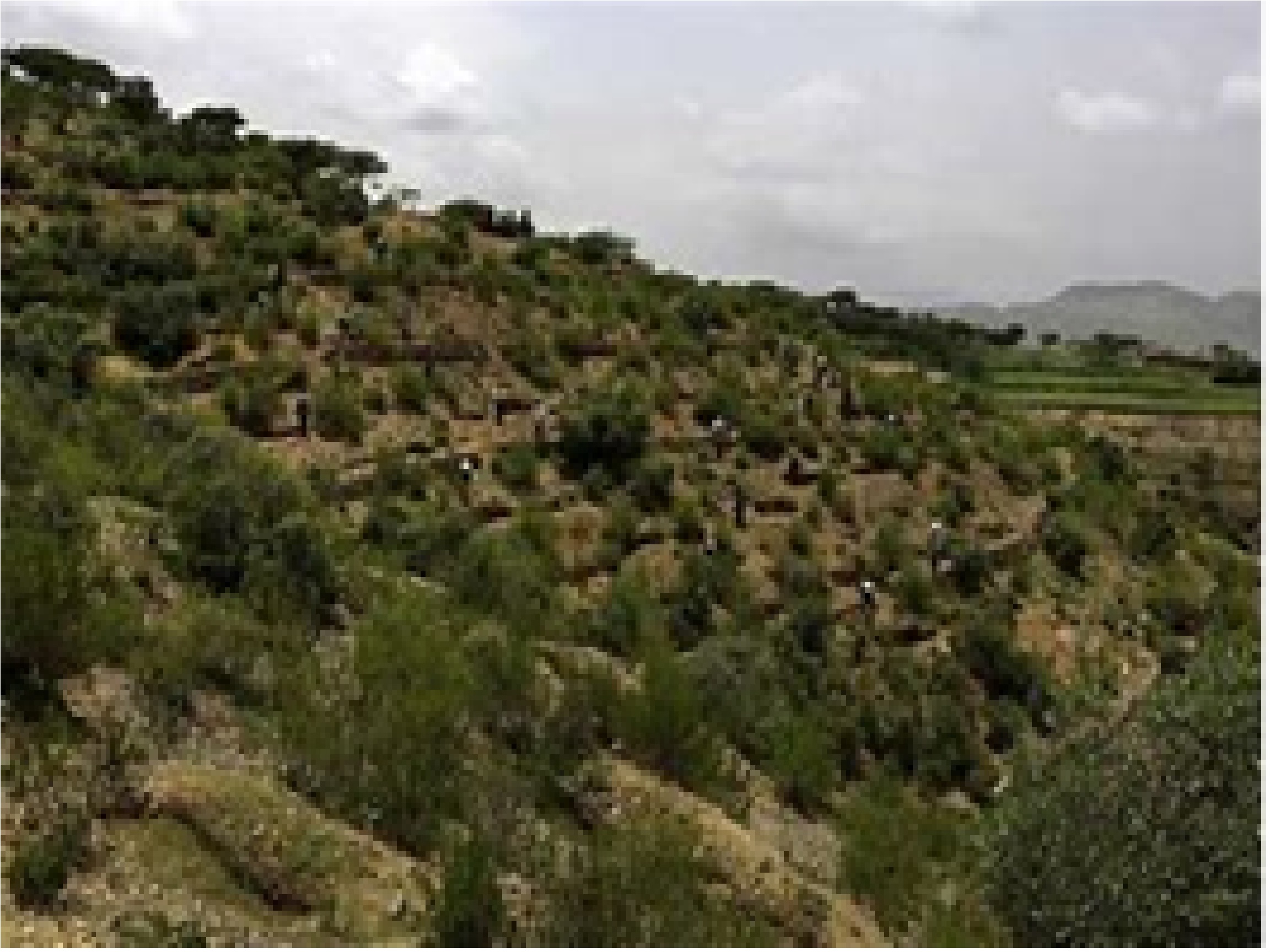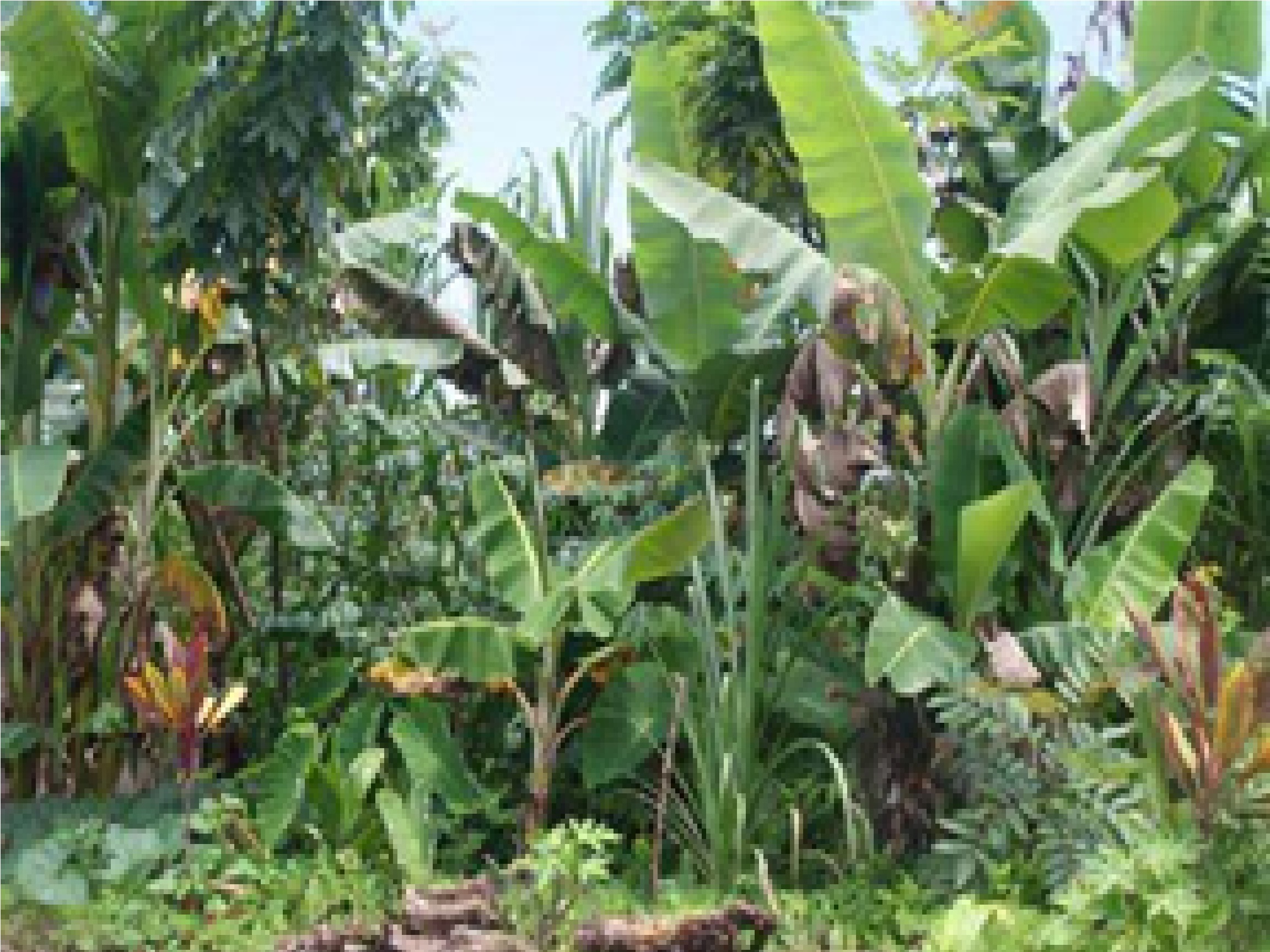
Land Degradation in most Landscapes in Cameroon is fast becoming an issue which must be taken care of before impending consequences affect most communities. Most degraded landscapes, following many years of deforestation suffer from decreasing soil fertility which has led to poor agricultural production and low income for farmers.
The Forest Garden Program, implemented by ERuDeF and funded by Trees for the Future, USA aims to increase food security and incomes of farmers across Cameroon. Today, it specifically seeks to restore degraded farmlands across 3 landscapes in Cameroon, namely: the Mount Bamboutos, Western High Plateau Landscapes and Nlonako Muanenguba mountains.
To help alleviate food insecurity within these landscapes in the nearest future, the forest garden technique was initiated and will be implemented in the area, over a 4 – year period. According to Pierre of Loung village, Menoua division, “This project is special because of the use of agroforestry trees in farmland as wind breaks, live fences, for soil fertility, mulching plants and even for composting.To establish a forest garden, a three phased approach was developed as follows; Protection, Diversification and Optimization.
Activities like, sensitization, mobilization, registration of forest gardens and training on Forest Garden design will be carried out this year. Over 1,250 farmers have been targeted across the 3 landscapes. More than 2,000,000 agroforestry trees and fruits, trees will be planted this year across the 3 landscapes by ERuDeF.




